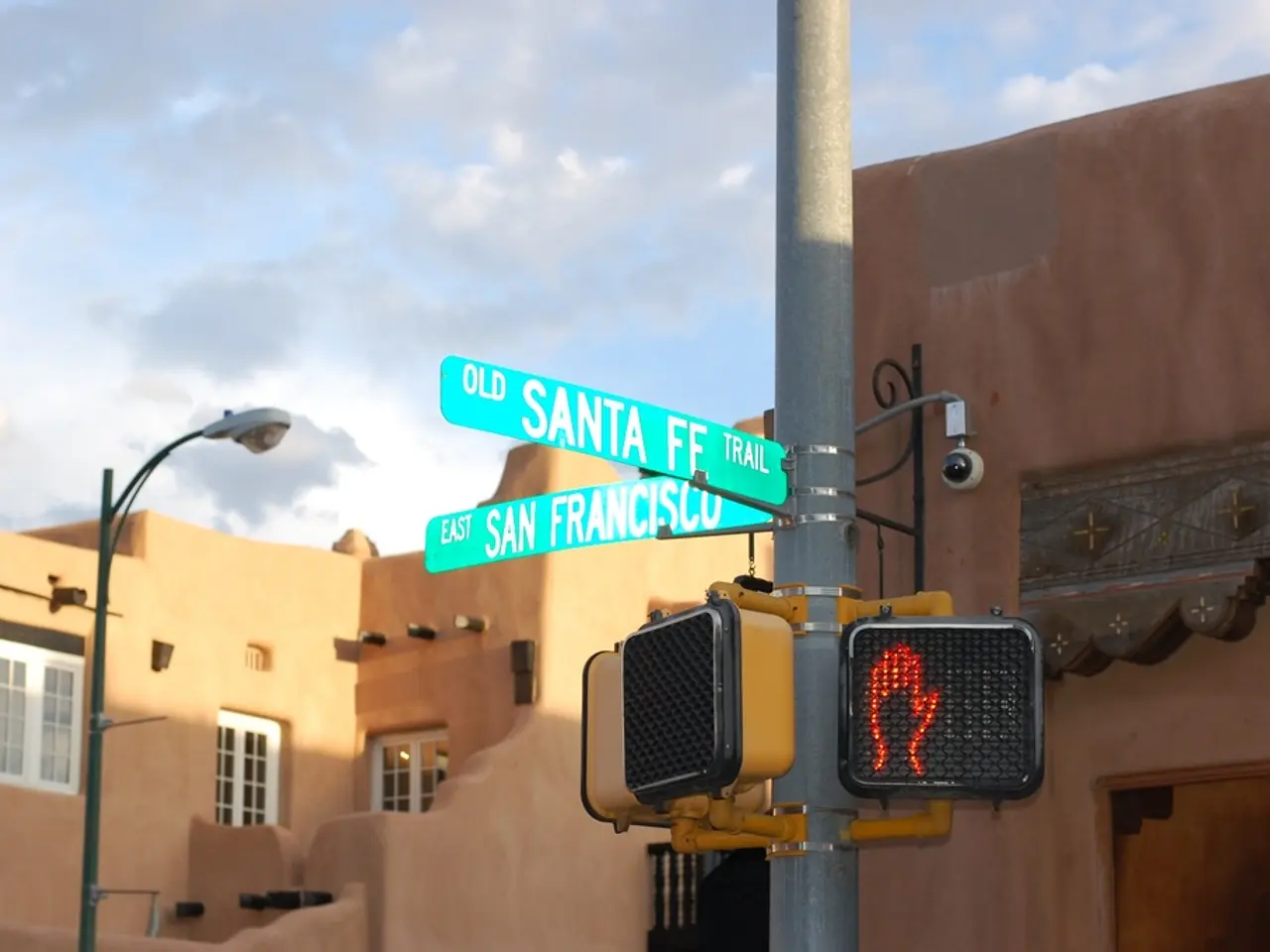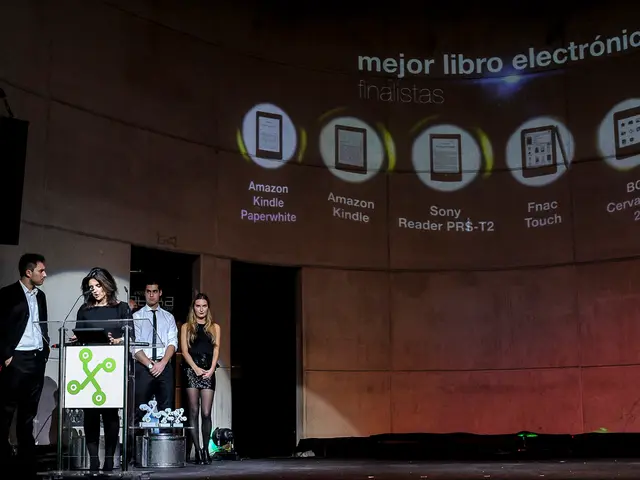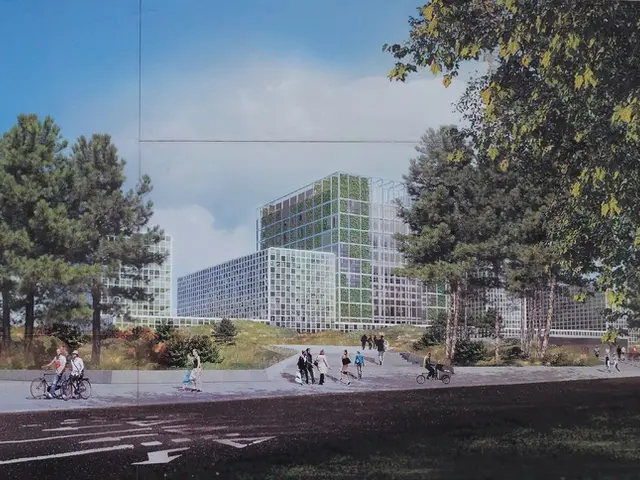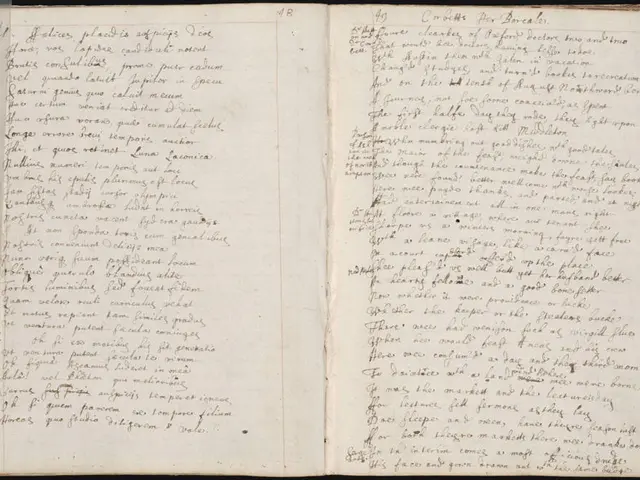Congo Democratic Republic supports a $400 million satellite agreement to address digital shortage
DR Congo is set to experience a digital revolution, as the government partners with Monacosat, a Monaco-based satellite operator, and Elon Musk's Starlink, to bring broadband internet to the country.
Last month, Kinshasa created a new Ministry of Digital Economy, tasked with coordinating new projects such as Monacosat and Starlink under a fresh legal framework. The government of DR Congo approved Starlink's operation in the country three months prior, unlocking new digital horizons for remote communities.
The Monacosat plan envisions ground infrastructure including control and telemetry stations and rural connectivity links, with additional applications for education, health, and onshore industries. The aim is to reduce the digital divide in DR Congo, particularly in rural and remote areas where telecommunications infrastructure remains insufficient.
Fidelity Bank of Nigeria has shown interest in supporting the Monacosat deal and is setting up a joint task force with DR Congo's Ministry of Digital Economy to explore funding mechanisms. However, the financing structure of the Monacosat project remains unclear. The European Investment Bank has already provided up to 400 million dollars for the Monacosat satellite project.
Starlink, which operates in DR Congo, is currently too expensive for most Congolese users, priced around $50 a month with around $200 in equipment costs. This has been a challenge in a country where digital connectivity remains limited, with DR Congo being one of the least digitally connected nations in Africa.
Meanwhile, the ambitious national fiber optic plan has repeatedly stalled due to financing and governance gaps, leaving large swaths of the country dependent on mobile operators. The Monacosat project presents a promising alternative to bridge this digital divide.
Elsewhere, the US and UK have signed a deal to build up to 12 cutting-edge nuclear reactors in England. This news comes as the US stocks have shot to record highs, as investors bet on interest rate trim and tax cuts providing a fresh economic boost.
In international news, war games involving Russian and Belarusian troops have spurred unease in Europe, with the games serving as a message to Europe and confrontation with Moscow not being in its best interest. Two US military observers attended the exercises in Belarus, indicating a potential improvement in ties between Washington and the Russian ally.
In Nepal, student protesters have named Sushila Karki as the country's caretaker prime minister, following deadly anti-corruption demonstrations that toppled the government. Karki is tasked with surmounting a period of unprecedented chaos and eventually scheduling elections.
Finally, the US plans to link 25 children's deaths to the COVID vaccine, a claim that scientists say is based on a misunderstanding. China's economic slowdown appears to be deepening, with retail sales, industrial production, and investment levels all below expectations in August.
This marks a significant step forward for DR Congo in its quest for digital connectivity, and the potential benefits are immense. As the project progresses, more details about the funding, infrastructure, and pricing will become clear, paving the way for a more connected DR Congo.
Read also:
- EPA Administrator Zeldin travels to Iowa, reveals fresh EPA DEF guidelines, attends State Fair, commemorates One Big Beautiful Bill
- "Divine Protections Failed: Father Battling for Life After Flesh-Eating Bacteria Infection"
- Innovative Company ILiAD Technologies Introduces ILiAD+: Boosting Direct Lithium Extraction Technology's Efficiency Substantially
- Nuclear Ambitions at a U.S. Airport Spark Controversy, With Opposition Swelling








